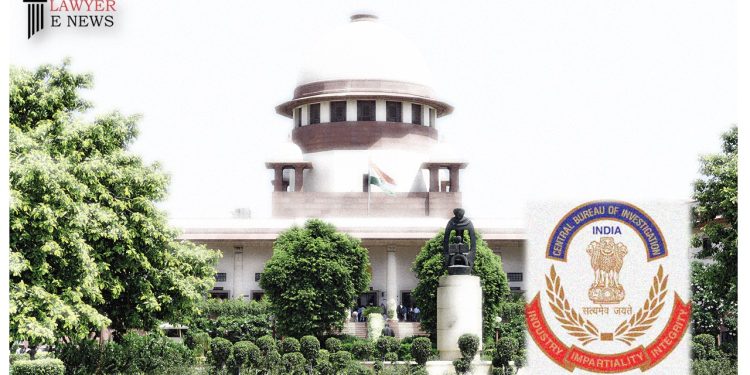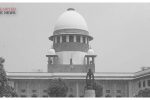High Court found to have exceeded jurisdiction in discharging accused, says Supreme Court

On dated 10 April 2023, Supreme Court of India has delivered its judgement in the criminal appeal case brought forth by the Central Bureau of Investigation (CBI) against a common judgment and order passed by the High Court of Punjab and Haryana. The CBI had appealed against the High Court’s decision to quash criminal proceedings against two accused, Aryan Singh and Gautam Cheema, under several sections of the Indian Penal Code (IPC) including 452, 323, 365, 342, 186, 225, 506, and 120-B.
The CBI had argued that the High Court exceeded its jurisdiction by quashing the entire criminal proceedings and making observations that the allegations and charges against the accused were not proven and the prosecution was malicious. The CBI claimed that these observations were made at an inappropriate stage of the proceedings and that the charges were to be proven during the trial and on the basis of evidence. The CBI also argued that the initiation of criminal proceedings could not be considered malicious as the investigation was handed over to the CBI based on directions from the High Court.
The Supreme Court observed that the High Court exceeded its jurisdiction in quashing the entire criminal proceedings and discharging the accused. The High Court was found to have dealt with the proceedings as if it was conducting a mini trial, which is not the requirement at the stage of discharge and/or while exercising powers under Section 482 of the Criminal Procedure Code (Cr.P.C.). The High Court made the observation that the charges against the accused were not proved, which is not appropriate at this stage as the charges are to be proven during the trial on the basis of evidence led by the prosecution/investigating agency. The Supreme Court also noted that the High Court’s observation that the initiation of the criminal proceedings was malicious was erroneous as the investigation was handed over to the CBI based on directions from the High Court and the accused persons were charge sheeted after conclusion of the investigation. The question of whether the criminal proceedings were malicious or not is to be considered at the conclusion of the trial and not at the stage of discharge and/or while exercising powers under Section 482 Cr.P.C. The Supreme Court noted that at this stage, the court has a limited jurisdiction to consider if there is sufficient material available to proceed further against the accused for which the accused is required to be tried.
The Supreme Court held that the High Court exceeded its jurisdiction in quashing the entire criminal proceedings against the accused and applying the law laid down by the Supreme Court in similar cases. The impugned common judgment and order passed by the High Court was found to be unsustainable and was quashed and set aside by the Supreme Court. The Supreme Court allowed the appeals and directed the accused to face the trial for which they were charge sheeted. The contentions and defenses available to the parties were kept open to be considered by the trial court during the trial. The trial court was directed to conclude the trial within 12 months from the date of receipt of the Supreme Court’s order and all parties were directed to cooperate in concluding the trial within the prescribed time. Appeal Allowed.
Central Bureau of Investigation Vs Aryan Singh Etc.






